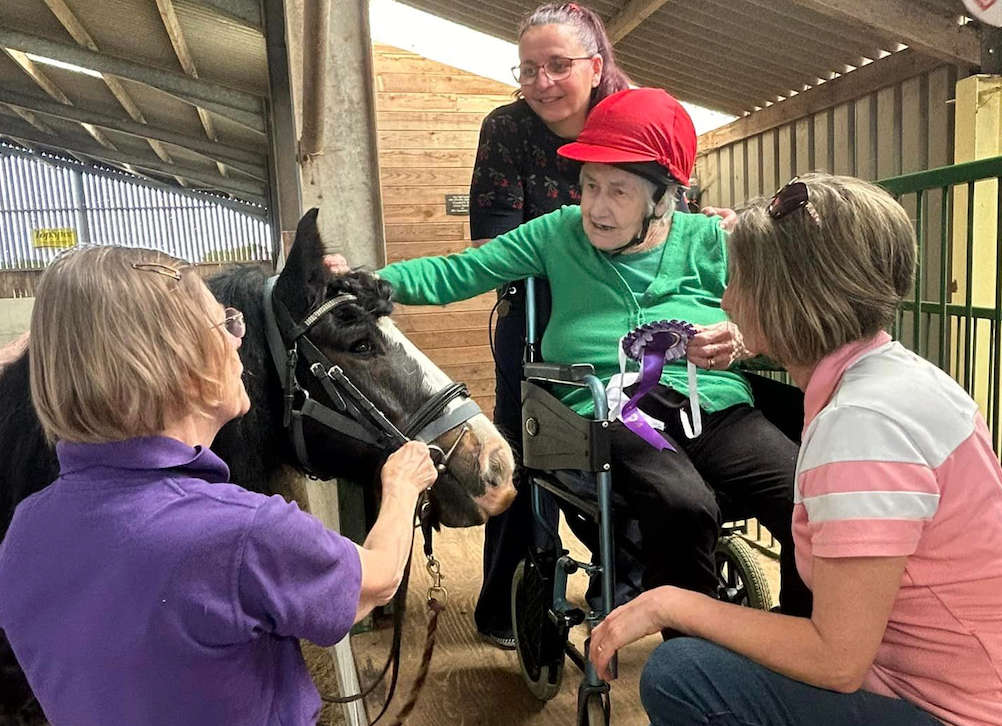
Phyllis is charity's oldest participant
An East Devon care home resident has ticked off her bucket-list dream of going horse riding again, thanks to a local charity.
Phyliss Johnson, who lives at The Seaton nursing home, was a keen equestrian in her youth and despite her advancing years, had been longing to get back in the saddle one last time.
She told the manager of The Seaton, Emma Seal, of her wish while the two were having a chat one day. Emma contacted the East Devon branch of Riding for the Disabled, who were keen to help.
Following a health and safety assessment, staff at the home took Phyllis to the RDA’s East Devon base at Whimple, near Exeter. Wearing her old riding hat, Phyllis was helped onto one of the charity’s horses, Sparky, and led around the arena by a team of volunteers, to her evident delight.
She is the oldest participant the EDRDA have ever helped to go riding.
Emma says it was an emotional experience for everyone involved: “Several of us were in tears, including Sarah Edworthy, the lady who owns Sparky and lends him to the charity. Both Phyllis and her family were absolutely thrilled, and her niece said she talked about nothing else when she visited Phyllis at the weekend. The RDA is a cause very close to our heart here at The Seaton. A massive thank you to everyone at the charity who worked so hard to make this happen. It was a fantastic day.”
Janet Portbury from the charity, whose motto is: ‘Is what You Can Do That Counts.’ commented: “It was a real pleasure to be able to help Phyllis realise her dream to ride a horse again, having not ridden since she was seventy!
Phyllis was presented with a special rosette to mark the occasion and, of course, tea and biscuits afterwards to celebrate!”
The charity’s local coach, Helene Hewitt, says: “Phyllis was able to sit on one of our sheepskin saddles. We use these for most of our riders, since the sheepskin allows the warmth of the horse to come through, helping the rider’s muscles to relax. Additionally, the rider can get a better feel of the movement of their horse underneath them.
"The walk is the pace that most of our riders’ experience in their sessions, as the 3-dimensional movement of the horse at walk transfers rotational, lateral, anterior and posterior movement. The rhythmical, repetitive movement facilitates and challenges balance and postural control.”
The EDRDA say riding brings physical and mental benefits, including improvements in flexibility and balance and a sense of wellbeing.
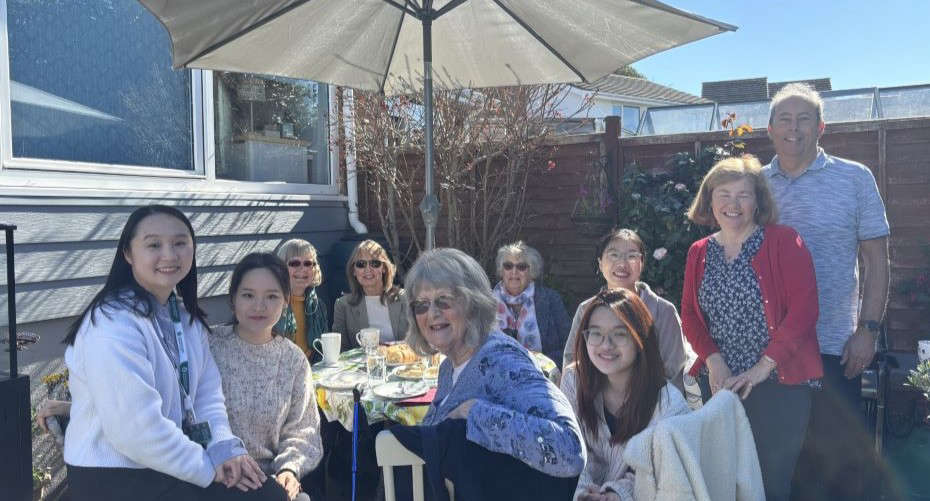 Students connect with elderly residents to combat loneliness
Students connect with elderly residents to combat loneliness
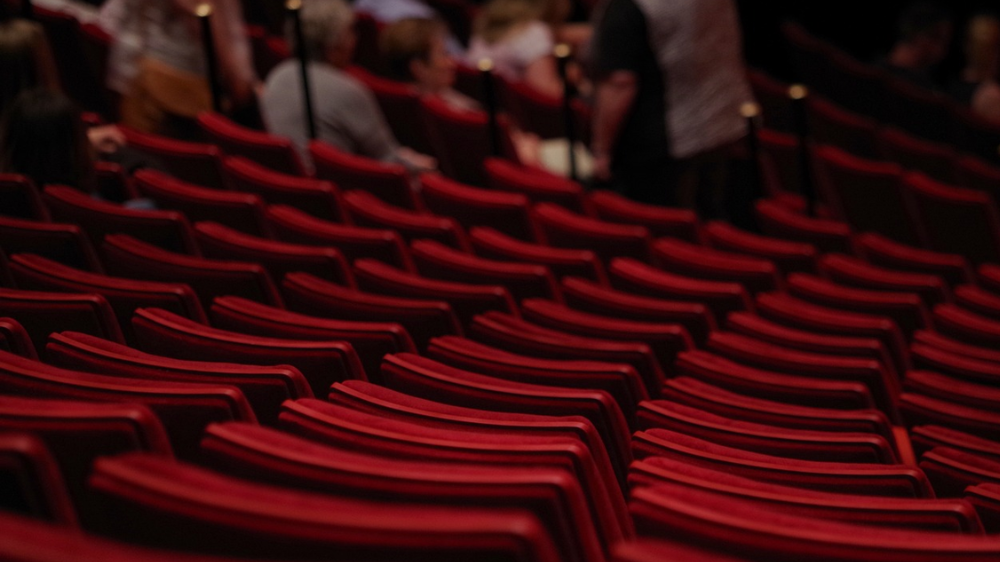 East Devon theatre needs your help
East Devon theatre needs your help
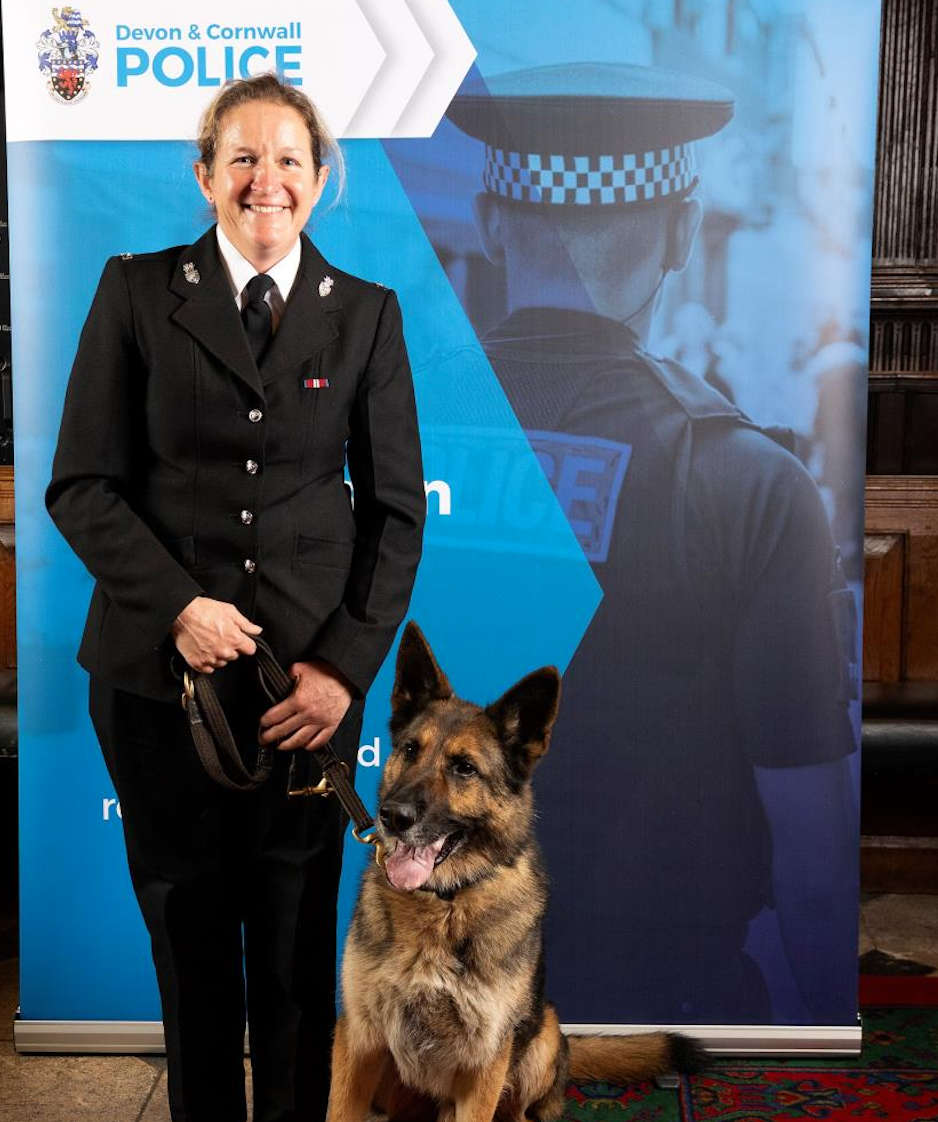 Devon police dog honoured
Devon police dog honoured
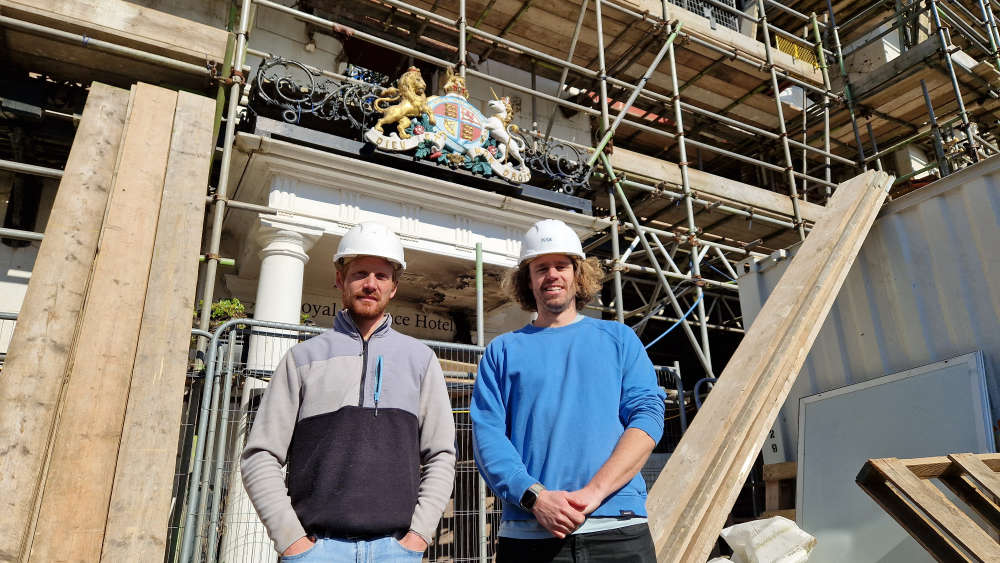 Work begins on project to rebuild fire-hit Exeter landmark
Work begins on project to rebuild fire-hit Exeter landmark
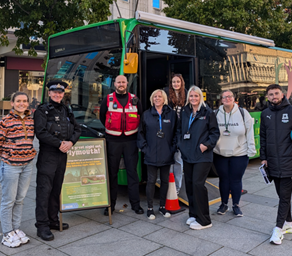 Plymouth community group scoops national award
Plymouth community group scoops national award
